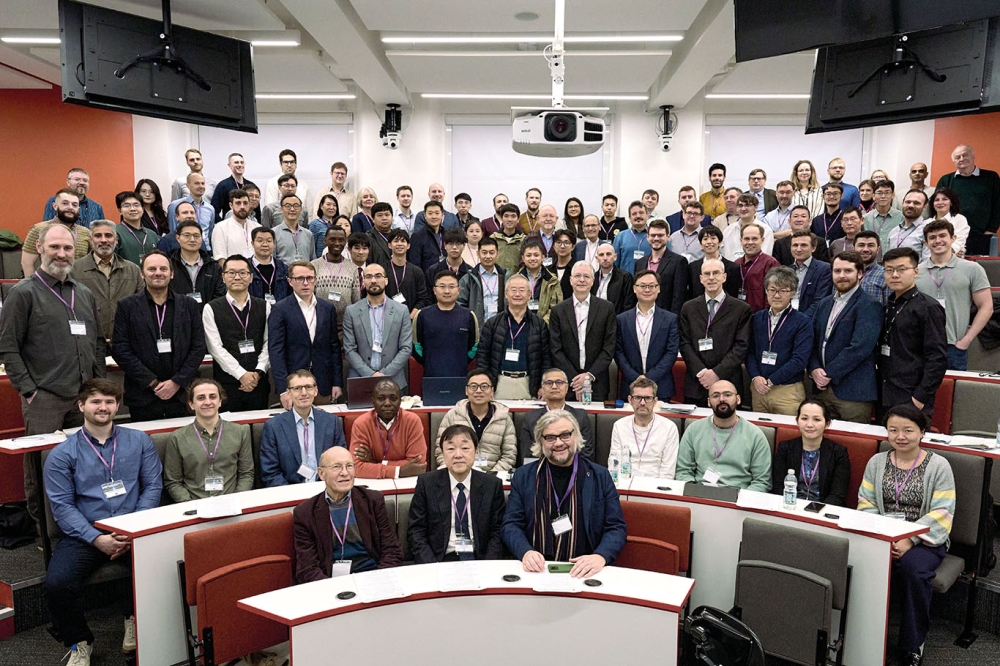UK defense chiefs highlight the need for GaN
GaN electronics has been specified as a priority technology by UK defense chiefs.
Defense procurement minister Lord Drayson launched the Ministry of Defence (MOD) Defence Technology Strategy (DTS) on October 17.
In it, GaN circuit technology is listed as an area of science and technology that requires particular attention.
According to the DTS document (see link), the UK cannot currently guarantee on-shore access to GaN components, which the MOD believes will be crucial to the country's future military capability.
"[The] MOD will work with defense manufacturers and European procurement agencies to identify what UK investment is required to ensure that UK companies will be able to access GaN technology within Europe," claims the document.
The UK defense community believes that the next generation of power devices for electronic warfare and RF systems are likely to be fabricated from GaN material.
Currently, the UK has a very limited GaN development program, although it is part of a European research effort focused on GaN HEMTs (see link).
Lagging behind Japan and US
The US and Japan are well ahead of Europe in terms of GaN electronics, thanks largely to defense industry investment in the technology, as well being home to the incumbent GaN device manufacturers for optoelectronic applications such as blue LEDs and violet-blue lasers.
"There is a need for the UK to ensure continued access to some critical advanced components and circuits," reports the MOD's strategy document. "The most important of these are solid-state RF transmit/receive modules based on advanced semiconducting materials."
"It is essential that the UK maintains on-shore access to these technologies."
Part of the problem is that currently, the UK relies on Filtronic as its only major GaAs foundry. Filtronic became the country's sole GaAs electronic component maker of any size when Bookham decided to shut its GaAs line in May 2004 and concentrate solely on photonics components (see related story).
Prior to Filtronic, the Caswell foundry owned by Bookham and, before that, Marconi, was the UK's key location for the production of GaAs chips used in defense systems.
The MOD acknowledges that the very existence of the Filtronic foundry depends on the viability of the company's overall business, and the presence of a large non-defense market for its products.
With the UK's GaN electronics expertise currently limited to some leading university research groups and Qinetiq, the research and development company that was previously part of the MOD, defense chiefs will need to invest some of the MOD's £2.6 billion ($4.9 billion) annual research budget on the material.
"The development of GaN can be considered as part of an ongoing systematic development of wide-bandgap materials, including diamond," it said. "This is likely to lead to a range of new components."































